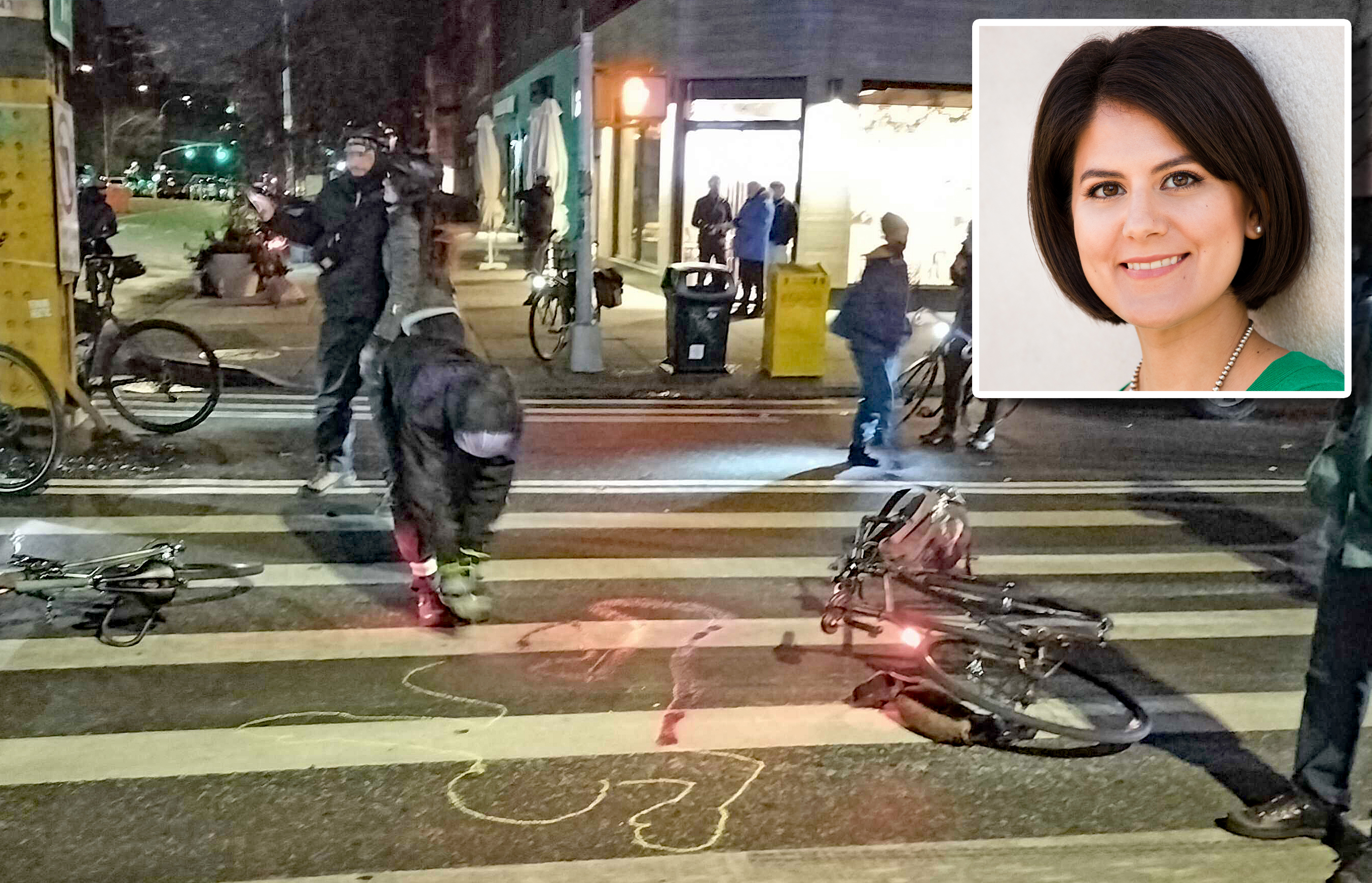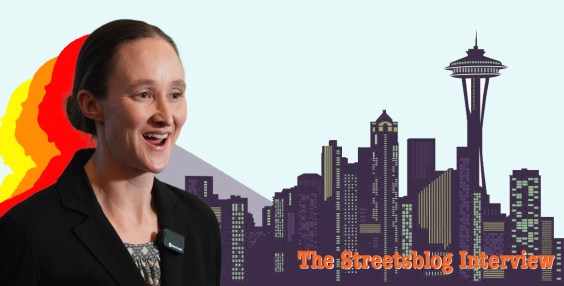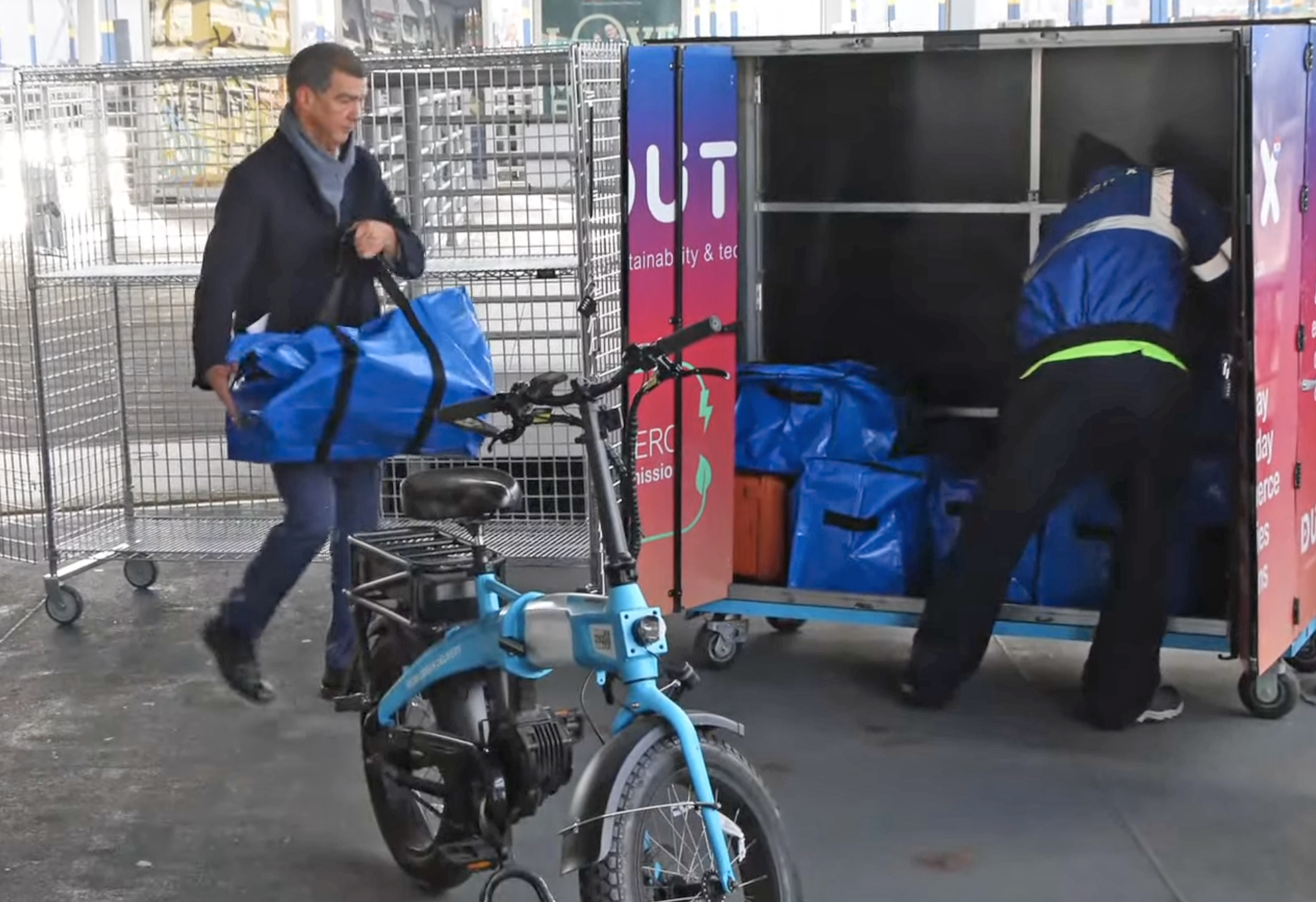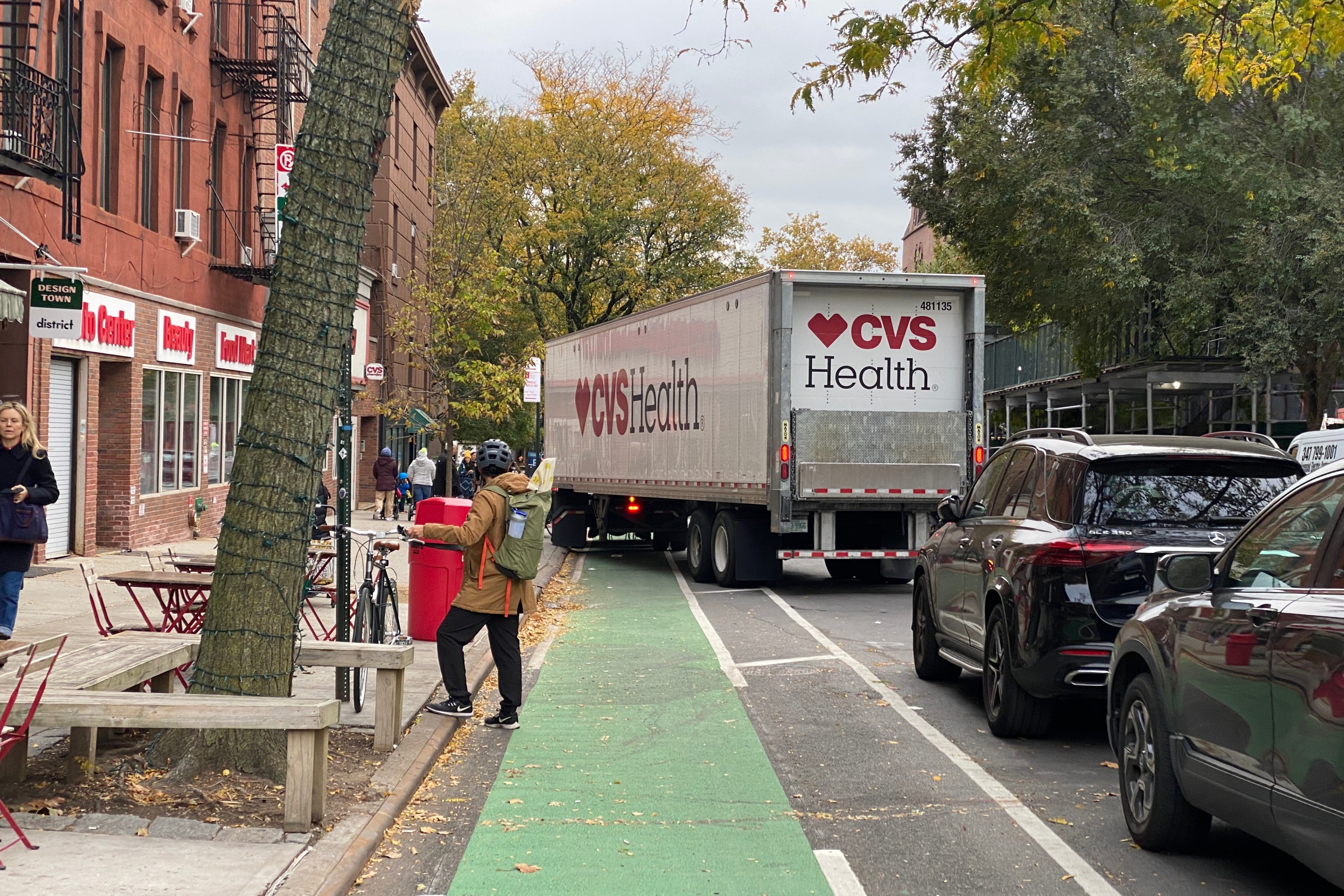
In 1981, then-MTA Chair Richard Ravitch wrote to Governor Hugh Carey, pleading for action "to meet the increasingly desperate situation of public transit in New York." Carey responded by moving a suite of measures through Albany that led to the MTA's first five-year capital program. Investments made through the capital program brought the transit system back from the brink, leading to vast improvements in reliability and convenience, and the city flourished.
The problems the transit system faces today are urgent in a different way. Having absorbed nearly all the growth in travel as New York City added a million residents in about 20 years, it is bursting at the seams. Weekday subway delays related to overcrowding rose 65 percent this April compared to last April, and weekend delays are up 141 percent, the Daily News reports.
Reliable transit service matters to New Yorkers of every economic class. Without it, New York cannot grow. Other than the occasional vanity rail project and withering remark about the agency's "bloated" capital program, Cuomo doesn't seem to care.
Now should be the time when the governor steps in with a plan to make transit service more frequent and predictable. The MTA capital program has to be renewed, and it's the end of the session in Albany. If not now, when?
But on Cuomo's agenda, ensuring that New Yorkers have access to a transit system with well-maintained track, modern signals, and reliable service ranks somewhere below catching two violent felons and upstaging Bill de Blasio on housing policy.
Since Carey and Ravitch ushered in the first MTA capital program, we have 34 years of proof on the ground that the health of the transit system underpins the health of New York City. And it's deteriorating on Cuomo's watch.





